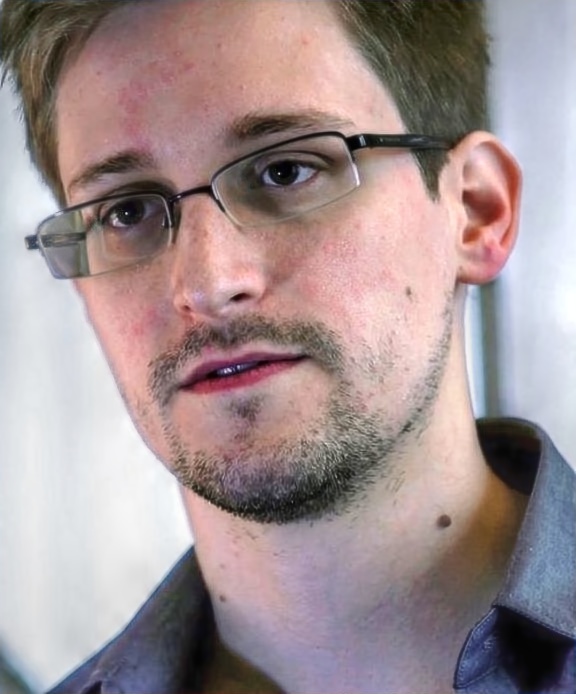On September 26, Russian president Vladimir Putin granted Edward Snowden Russian citizenship. Snowden rose to infamy in 2013 when he leaked confidential documents from the US National Security Agency (NSA), detailing how the US government was unlawfully surveilling not only Americans, but also anyone who communicated with Americans using phones over the course of years. Fearing for his safety, he has since then fled the country and found a safe haven in Russia. As privacy becomes a much rarer commodity in the new age ushered by technological advancements, Snowden will surely be remembered in history as a key figure in the fight for right to privacy.

Born to a family with strong military influence, it was all but a guarantee that Edward Snowden would end up working for the US government. In 2004, he enlisted in the US army feeling a duty to fight the war in Iraq but was unfortunately discharged due to a training accident resulting in a broken leg. However, this did not stop him from serving his country as he proceeded to work for the Central Intelligence Agency (CIA) and NSA for the next decade. Before some began to deem him a traitor, Snowden was, by all accounts, a full-blooded patriot.
What changed for Snowden then? The cracks in the armor began to show during his stint in Geneva, Switzerland as a cyber security expert for the CIA from 2007 to 2009. In his own words, it was at this moment that he realized he was “part of something that was doing far more harm than good”. This disillusion with his government’s actions is ultimately what led Snowden to leak the classified documents, causing the very country he was willing to die for to declare him a spy and traitor. Some may agree with that, but I think otherwise. Snowden himself put it better than I ever could: “Being a patriot doesn't mean prioritizing service to government above all else. Being a patriot means knowing when to protect your country, knowing when to protect your Constitution, knowing when to protect your countrymen, from the violations of and encroachments of adversaries. And those adversaries don't have to be foreign countries.”
It has already become incredibly difficult to protect one’s privacy in the modern world — in fact, it seems that a vast majority has given up on the idea of it. We no longer stop to question how well curated our feeds, or how accurate the ads we see are. What is worrisome is that we find ourselves in this situation even after Snowden risked his life to inform us of the shady practices between governments and tech companies; one can only imagine what it would be like if word of that never got out. As Snowden continues to live a life of constant fear, it is important that we don’t let his sacrifices go to waste. May we never forget our right to privacy and to commemorate those who fight for it.

